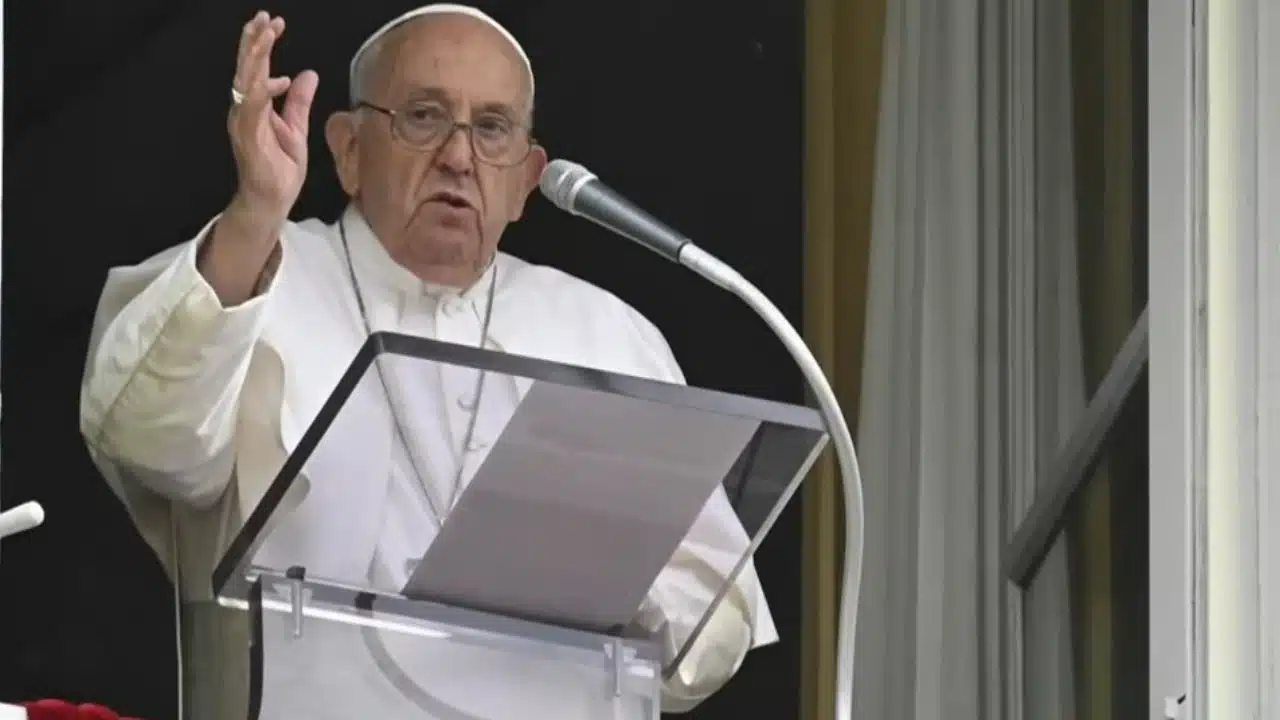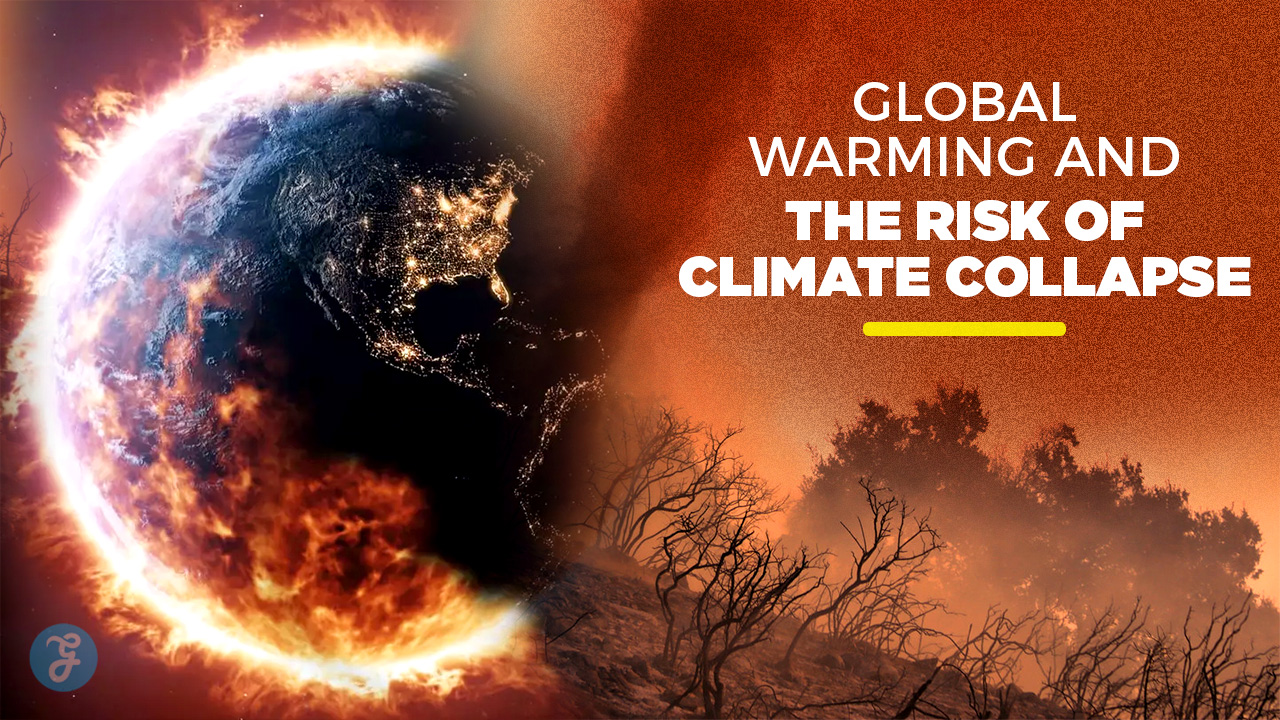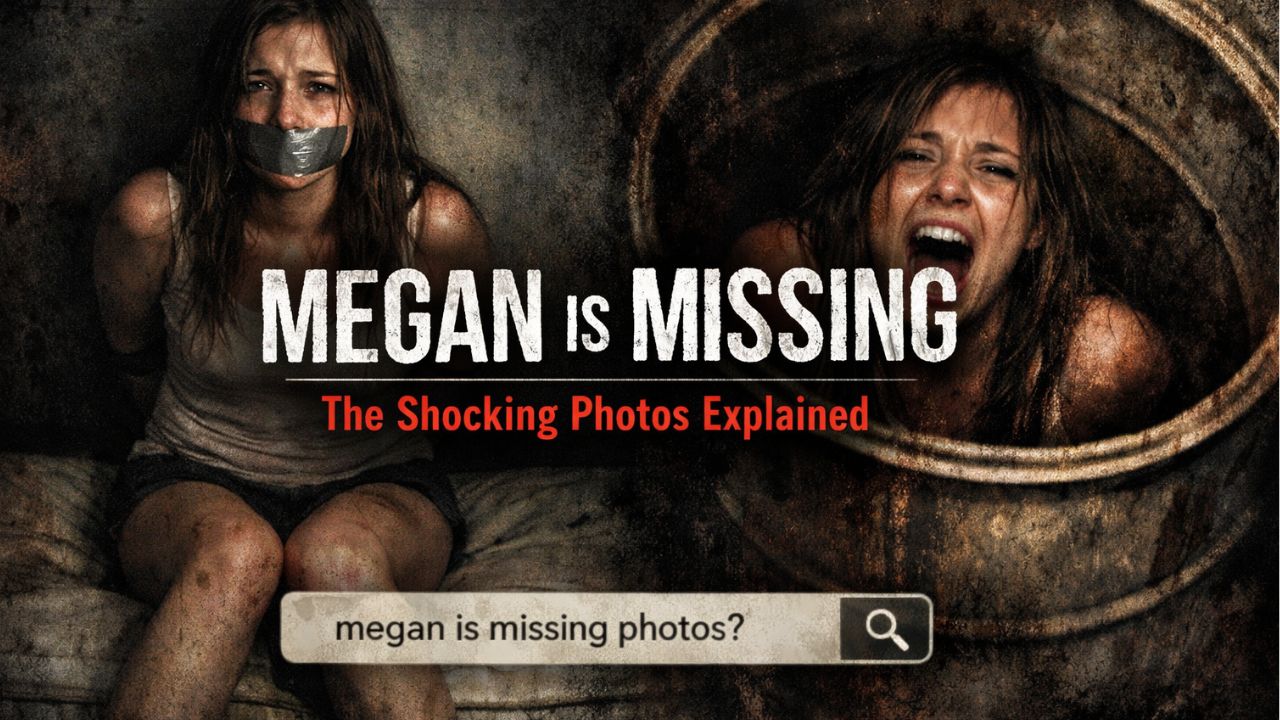In an unexpected turn of events, Pope Francis has issued a public apology after using a derogatory term to describe the 2SLGBTQ+ community. The Vatican clarified that the Pope did not intend to use homophobic language and expressed regret to anyone who felt offended.
This incident, reported by Italian media, has sparked significant controversy and mixed reactions, highlighting the ongoing challenges the Catholic Church faces in addressing LGBTQ+ issues.
Clarification from the Vatican
“The Pope never intended to offend or express himself in homophobic terms, and he apologizes to those who felt offended by the use of a term reported by others,” Vatican spokesperson Matteo Bruni said in an emailed statement.
This apology comes in response to reports by Italian media, which claimed that the Pope used the Italian term “frociaggine” during a closed-door meeting with Italian bishops on May 20.
Incident Details and Public Reaction
The term in question, “frociaggine,” roughly translates to “faggotness” or “faggotry” and was reportedly used by Pope Francis while discussing his opposition to admitting gay men into the priesthood.
The incident was first reported by the Italian political gossip website Dagospia, causing shock and disappointment among many, including the Pope’s supporters.
The Vatican’s Stance
Bruni emphasized that Pope Francis remains committed to creating a welcoming church for all individuals. “The Pope is aware of the reports and reiterates that he desires a church where nobody is useless, nobody is superfluous, there is room for everyone.”
Mixed Reactions from the Community
Vito Mancuso, an Italian theologian, and former priest, expressed his dismay, describing the Pope’s language as “despicable and surprising because it blatantly jars with his previous messages on LGBTQ issues.” This sentiment reflects the mixed reactions from the broader community, which has often viewed Pope Francis as a more progressive figure in the Catholic Church.
Pope Francis’ Progressive Stance
Since the beginning of his papacy in 2013, Pope Francis has been credited with making significant overtures toward the 2SLGBTQ+ community. His famous remark, “If a person is gay and seeks God and has goodwill, who am I to judge?” marked a notable shift in the Church’s tone.
Additionally, last year, he allowed priests to bless members of same-sex couples, although this decision faced substantial conservative backlash.
Historical Context of Apologies
This is not the first time Pope Francis has issued an apology. In 2018, he admitted to making “grave mistakes” in handling a sexual abuse crisis in Chile, initially dismissing accusations against a bishop as slander.
In a letter to Chilean bishops, he wrote, “I apologize to all those I have offended, and I hope to be able to do it personally in the coming weeks, in the meetings I will have with victims “
LGBTQ+ Advocacy Groups’ Response
The LGBTQ Catholic group Dignity USA expressed shock and sadness over the Pope’s reported comments.
Marianne Duddy-Burke, the executive director, stated, “My stomach just dropped. It was so disheartening.” While appreciative of the Pope’s apology, Duddy-Burke highlighted the deeper issues within the Catholic Church.
She pointed to a significant divide between the beliefs of the church’s leadership and its followers, contributing to a substantial exodus from the church in recent decades.
Polling and Public Opinion
Recent polling supports Duddy-Burke’s concerns. Pew Research found that a majority of Catholics believe the church should perform same-sex marriages.
Additionally, a poll by the Public Religion Research Institute identified negative teachings about LGBTQ people as a significant reason why individuals leave their religion.
Wrap up
Pope Francis’ apology highlights the complexities and challenges the Catholic Church faces regarding its stance on LGBTQ+ issues. While the Pope’s intention was not to offend, the incident underscores the need for continued dialogue and sensitivity within the church community.
The mixed reactions from the public and advocacy groups reflect the ongoing struggle for inclusivity and acceptance in religious institutions.
The Information is Taken from NBC News and The Guardian







































